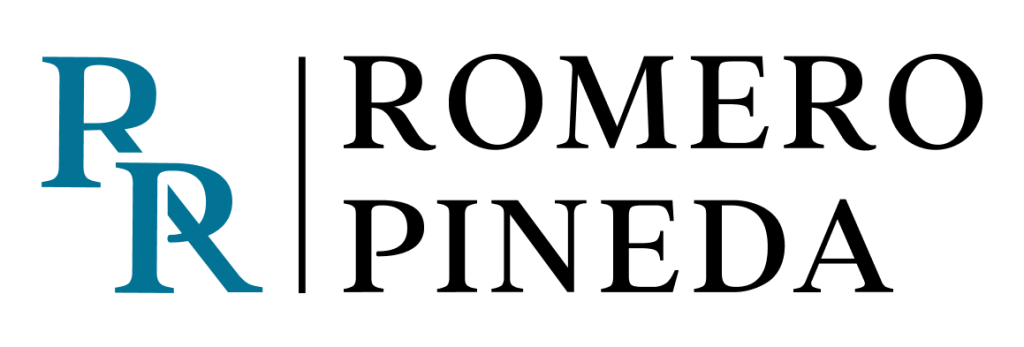How to protect your website in the era of data protection.
With the acceleration of the Internet and the information society, the way we communicate with others has been transformed and this has meant that in accordance with current applicable standards, as well as global trends, and of course the criteria of Local Authorities, there is adaptation on the websites so that the information provided in each one is loyal, transparent and reliable information for users.
That is why, added to the legal issue of which it is extremely important, websites must adapt to avoid:
- Loss of confidence
- Loss of reputation
- Economic losses
- Loss of competitiveness
Due to the emergence in 2018 of the European General Data Protection Regulation, this has implied, as a cascade effect, that everyone dedicates special time to modifying the content of their web pages. This is why El Salvador must be ready, even though this regulation is mandatory in Europe.
Let us remember that much of the information and/or content, even if it is managed from the most remote place in the world, at some point we will encounter the fact of global demands regarding the Internet, regardless of the place where the data is processed.
Hence, the requirement for data protection is important since these rights must be respected and the exercise of them must be allowed through channels expressly enabled for this purpose.
The rights that you should know and learn to manage if you have an affiliate website are the following: 1) Right to information 2) Right to access 3) Right to rectification 4) Right to object 5) Right to deletion 6) Right to be forgotten 7) Right to data portability 8) Right to limitation of processing.
Now, the correct way to manage content on a page would be to enable a form that allows your users to directly exercise each of these rights. If this is not possible, just provide correct information about them and enable a means so they can request it. Of course, you must have a very successful procedure to respond in a timely manner.
Other texts that every web page must have are:
- The legal notice
- Privacy Policy
- Cookie Policy
- Pop Up cookie warning and mechanisms to reject or accept them
- The general and specific contracting conditions (if you sell online)
- Informative clauses at the bottom of each form
- Obtain valid consent from the user to process their data in accordance with the purpose of the form (specific check box)
- Validate user addresses and prove their will
- Inform the user about your privacy conditions and obtain their agreement.
OTHER PRIORITY NEEDS:
You must ensure that each form has a box that allows you to obtain consent, both during the process and at the end of it.
If you are going to handle personal data of users for email marketing campaigns, you must require explicit consent from the user to your terms and conditions.
All mandatory legal texts must always be visible and accessible
IN CONCLUSION:
- The recommendations indicated above are based on requirements that the Consumer Ombudsman's Office of El Salvador verifies when it carries out an inspection of the content of websites, hence all legal texts must respond to the specific characteristics and be understandable for any user.
- The closer and more personal the wording of the policies is, the better it will be.
- Do not copy policies that may not have anything to do with your website operations, since each website is unique and needs customized legal texts.
- Identify what type of information you need to place on your website and the capture systems you use.
- Data protection is not only limited to text, it includes other content such as images, sound, photos, etc.
- Avoid possible sanctions to which you may be exposed, and do not forget to provide security and trust to your users.



Deja una respuesta
You must be logged in to post a comment.